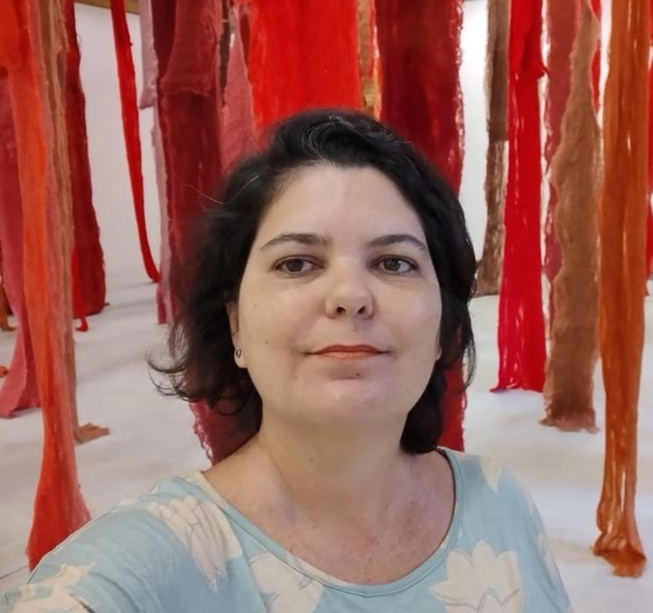Keynote Speakers 1

Adriana Maria Paulo da Silva
(De)coloniality and Diversity in the Histories of Education
She has a degree (BA and BSc) in History from Universidade Federal Fluminense (1994), a Master's in Education from Universidade Federal Fluminense (1999) and a PhD in History from Universidade Federal de Pernambuco (2006). She is currently an Associate Professor at the Federal University of Pernambuco (UFPE), and a professor at the Postgraduate Programme in Education and the Profhistory program at UFPE. She leads the History of Education and Educability Practices in the Ibero-American World Research Group (GHEPEMI). She was coordinator and vice-coordinator of WG 02 (History of Education) of the National Association of Postgraduate Studies and Research in Education (ANPEd) between 2018 and 2021. She is a member of the Human Research Ethics Committee at UFPE. She is a member of the Humanities and Social Sciences Body and an ad hoc member of the National Research Ethics Committee (CONEP). She coordinates the teaching training program for undergraduate degrees at UFPE. She has experience in researching the History of Education, with an emphasis on the 19th century and the History of the Brazilian Empire, and in teaching History for basic education. Her main areas of research and teaching include the social History of education, the social History of teaching labor, historiography, oral History, and history teaching. She has been involved in research ethics since 2006.



